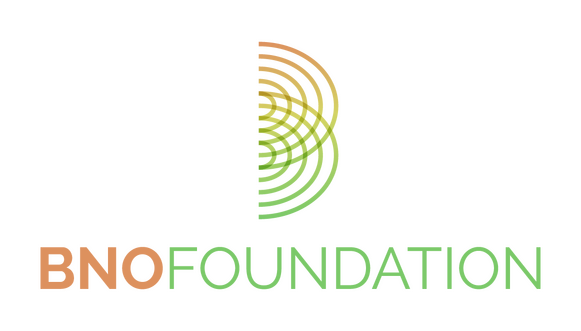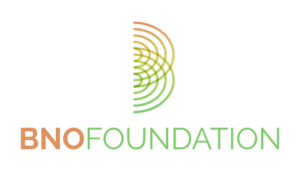


RDC’s Mission is “Providing accessible, affordable, quality dialysis to people with kidney disease through individualized care to improve quality of life”. RDC boasts of a team of highly dedicated and experienced professionals that have consistently brought about improvement to the way patients with kidney disease requiring dialysis should be cared for.
RDC works closely with patients whom they refer to as clients to understand their pain, challenges as well as develop products and services to satisfy their requirements and exceed their expectations.
In line with BNOF’s individualized approach to care, RDC treats each client with dignity and respect irrespective of socio-economic status.
RDC prides herself as the center of choice for most dialysis patients who visit Lagos Nigeria for Business or Holiday as a result of its quality of service, equipment, clinical outcomes and ambience at RDC centers, which are strategically located in various areas around the country.
Furthermore, RDC adopts a multi-layer infection control policy which disallows any reuse of medical consumables in line with its eco-friendly policy (Recycles her non-risk waste).
RDC is also of the global ‘Ambassador’s’ for healthier kidneys and the best destination for dialysis treatment in Nigeria where best practices and standard procedures are adhered to.
For more information please see contact details below.
Email: info@renaldialysis-ng.com
Website: www.renaldialysis-ng.com
Phone: 0700DIALYSIS, 08100000178
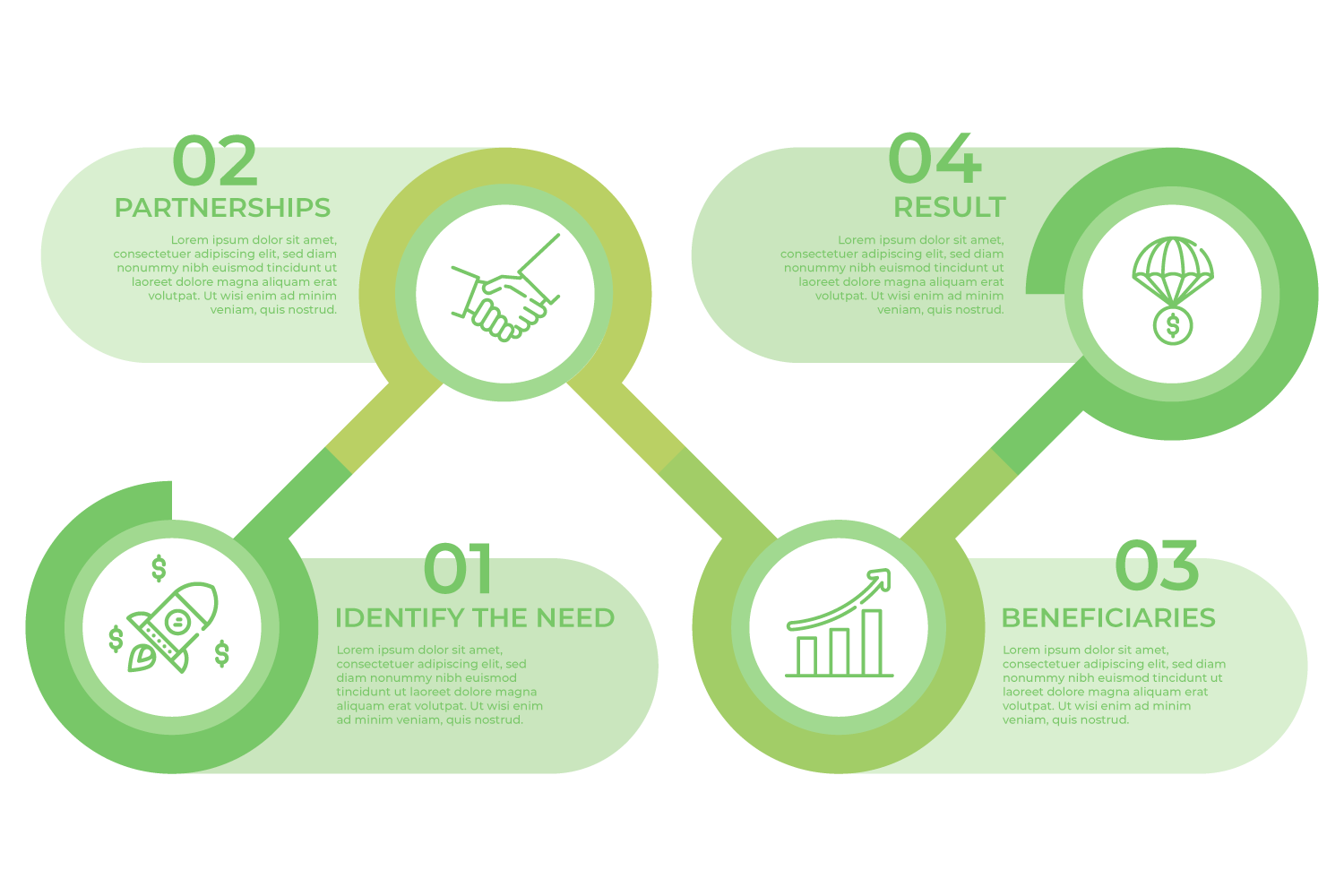
At BNO Foundation, we believe that health is wealth, therefore good health is a key factor to unlocking the potential of an agile and resilient set of people which ultimately translates to a happier, healthier and more productive society.
Over the years the emergence of various diseases and or terminal ailments have plagued humanity therefore truncating the lives of active individuals in their prime. This challenge has been further escalated by limited access to quality health care owing to inadequate capacity or total absence of funds required for best in class treatment of such ailments.
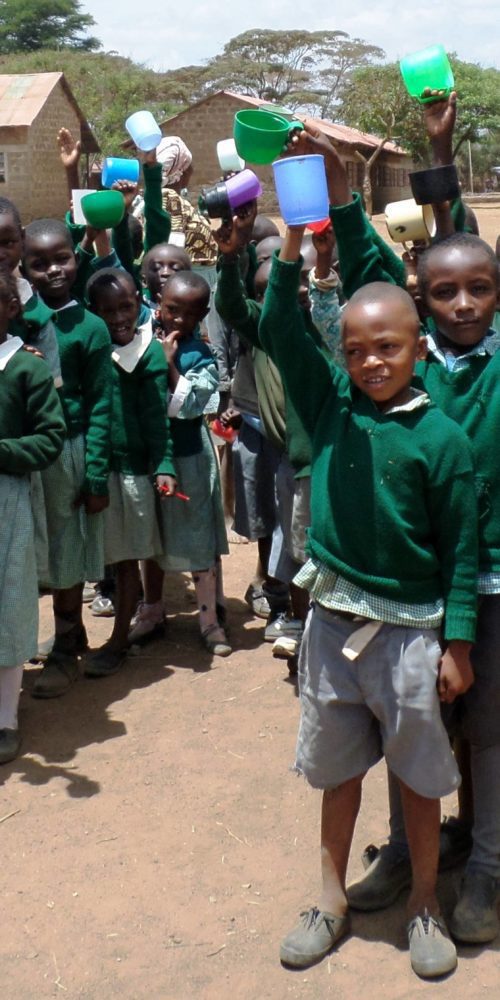
Global extreme poverty is expected to rise from 2020 as the disruption of the COVID-19 pandemic compounds the forces of conflict and climate change, which were already slowing poverty reduction progress.
The global extreme poverty rate fell to 9.2 percent in 2017, from 10.1 percent in 2015. That is equivalent to 689 million people living on less than $1.90 a day.
At higher poverty lines, 24.1 percent of the world lived on less than $3.20 a day and 43.6 percent on less than $5.50 a day in 2017.
In 2018, four out of five people below the international poverty line lived in rural areas.
Half of the poor are children. Women represent a majority of the poor in most regions and among some age groups. About 70 percent of the global poor aged 15 and over have no schooling or only some basic education. More importantly, almost half of poor people in Sub-Saharan Africa live in just five countries: Nigeria, the Democratic Republic of Congo, Tanzania, Ethiopia, and Madagascar.
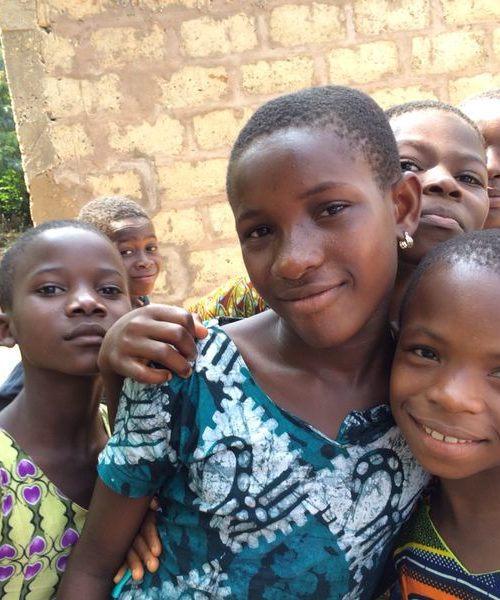
Further studies shows that more than 40 percent of the global poor live in economies affected by fragility, conflict and violence, and that number is expected to rise to 67 percent in the next decade. Those economies have just 10 percent of the world’s population and about 132 million of the global poor live in rural areas.
Many people who had barely escaped extreme poverty could be forced back into it by the convergence of COVID-19, conflict, and climate change. A “nowcast” (preliminary estimate) for 2020, incorporating the effects of the COVID-19 pandemic, projects that an additional 88 million to 115 million people will be pushed into extreme poverty, bringing the total to between 703 and 729 million.
“The new poor” probably will be more urban than the chronic poor, as middle-income countries such as India and Nigeria will be significantly affected; middle-income countries may be home to 82% of the new poor.(www.worldbank.org)
In view of the above, at least half of the world’s 7.3 billion people are not receiving the essential health services they need.
As far back as 2010, almost 100 million people were pushed into extreme poverty because they had to pay for health services out of their own pockets. (www.who.int)
On the domestic front, according to the National Bureau of statistics as at 2019, 40% of the nation’s population live below the poverty line of N137, 430 per annum (i.e. approx. $299) In addition to this, Nigeria is ranked 187th by the World Health Organization(WHO) among 195 member states on health issues owing to inadequate investment of funds in public health, overcrowding of hospitals, lack of hygiene, inadequate data , little or no awareness as regards prevention, transmission and cure of diseases.
It is to this end that the BNO Foundation intends to support and give a chance to indigent members of the society who are faced with health challenges and battling chronic diseases.
Consequently, applicants/potential beneficiaries of BNOF go through an application process which is strictly via our online platform (website-www.bnofoundation.com). These applications are reviewed and beneficiaries selected based on criteria that has been carefully pre-determined by BNOF’s independent Board of Trustees. BNOF may also consider recommendations from its various partners.
Successful candidates would be contacted by the foundation for the onboarding and support by way of donations, sponsored medical treatments and health advisory services.

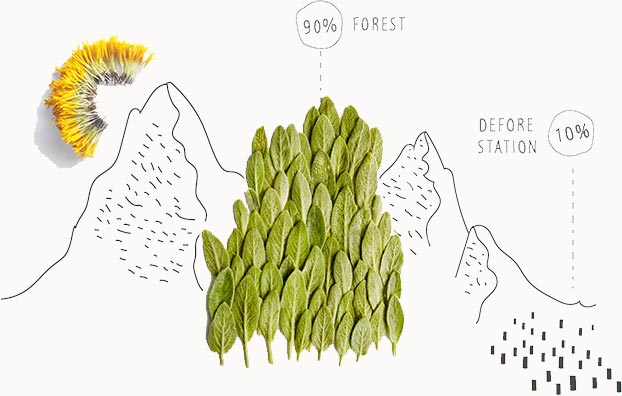
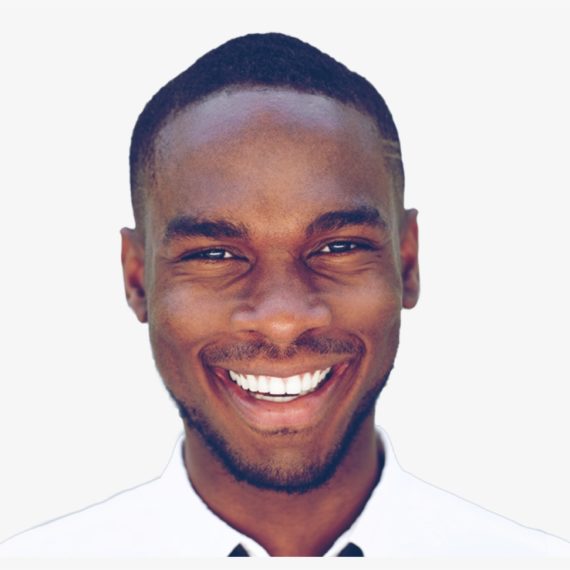
Co-chair & Trustee
Along with Co-chair Norah Jones, John Smith shapes and approves foundation strategies, advocates for the foundation’s issues, and helps set the organization’s overall direction.
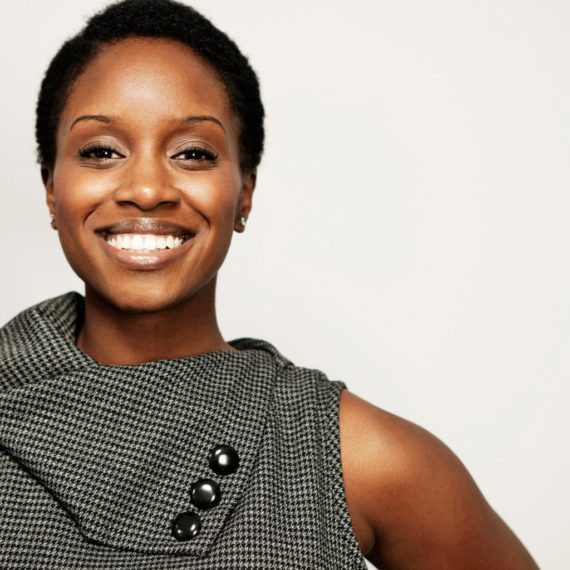
Co-chair & Trustee
Along with Co-chair John Smith, Norah Jones shapes and approves foundation strategies, advocates for the foundation’s issues, and helps set the organization’s overall direction.
